Thirty years ago my wife threw a pan at me.
We had just finished our first year of living in Toronto, Canada after I had accepted a big job with Northern Telecom. While I was traveling all over the world attending business meetings, she was stuck at home with the kids knowing no one and dealing with an unhappily deported teenager and a happily dependent four-year-old. She had taken a leave of absence from a teaching job she dearly loved and in which she was highly admired. With great sensitivity, I told her I didn’t think she had made the best use of her time over the past year.
The pan sailed past my head, but her message landed squarely in my gut—who am I to judge the best use of someone’s time!! And, what am I doing to make the best use of my time?
What does it mean to make the best use of your time?
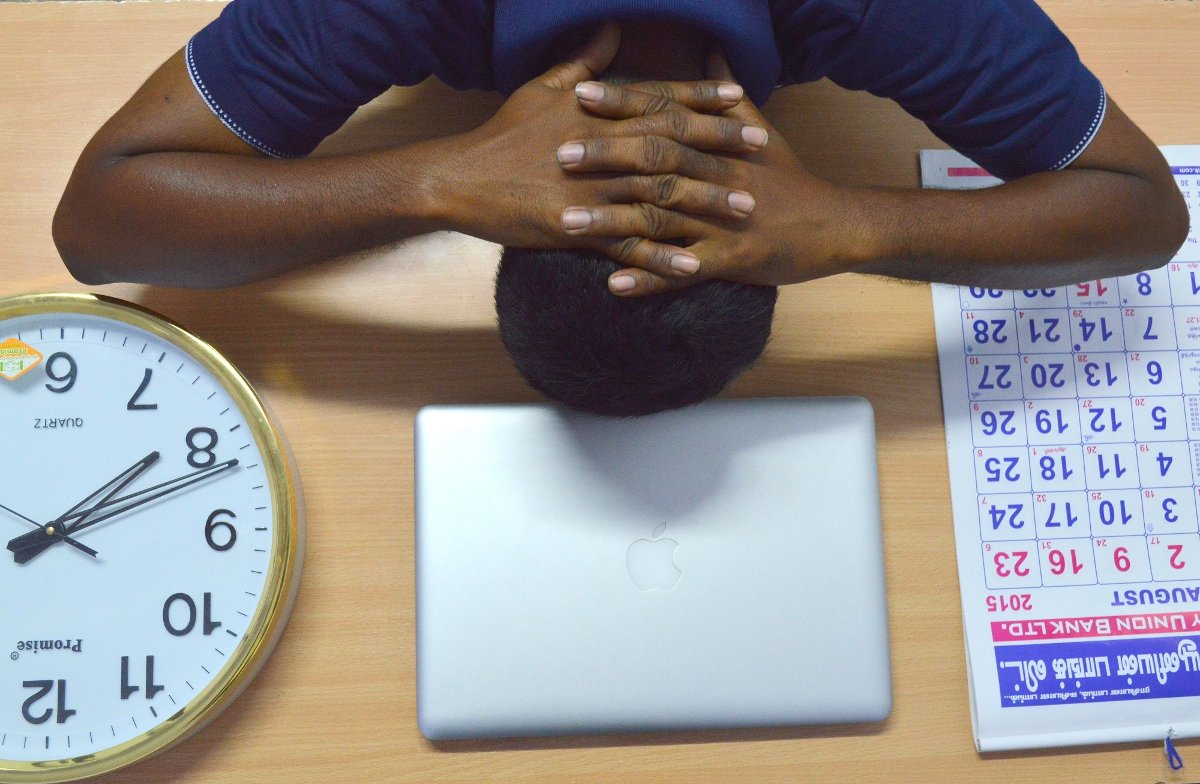 An internet search brings up a plethora of suggestions for time management, but those articles are more about improving corporate compliance than increasing spiritual congruence, i.e. they all include tips for being more efficient on your job.
An internet search brings up a plethora of suggestions for time management, but those articles are more about improving corporate compliance than increasing spiritual congruence, i.e. they all include tips for being more efficient on your job.
There was very little on how to make sure your life is aligned with your dreams and aspirations during your brief time as a fully functioning human being on this earth.
To me, making the best use of our time means being more conscious about how our behaviors contribute—or not—to our purpose, values, and personal growth goals. Being conscious of the gaps between our words and our actions helps us to become more intentional about how we use our time.
Let’s start with purpose or personal mission.
My purpose is to support others in their quests for evolution and growth. Sometimes that simply involves helping my daughters achieve their life goals and requirements like getting the kids to school on time or finding a new apartment. Or it may mean that I edit books for people I care about. For example, I have helped many friends with books I believe can make a real difference in peoples’ lives: Imperfect by Ron Irwin, Calm Clarity by Due Quach, The 8 Secrets of the Tao de Ching by Luke Chan, and Spiritual Superfood by Artie Egendorf.
The question I often ask myself is how much time do I spend on passion projects and helping people whose causes I’m passionate about?
Two questions for you might be 1) What is your purpose in life? and 2) What are you doing to move toward it?
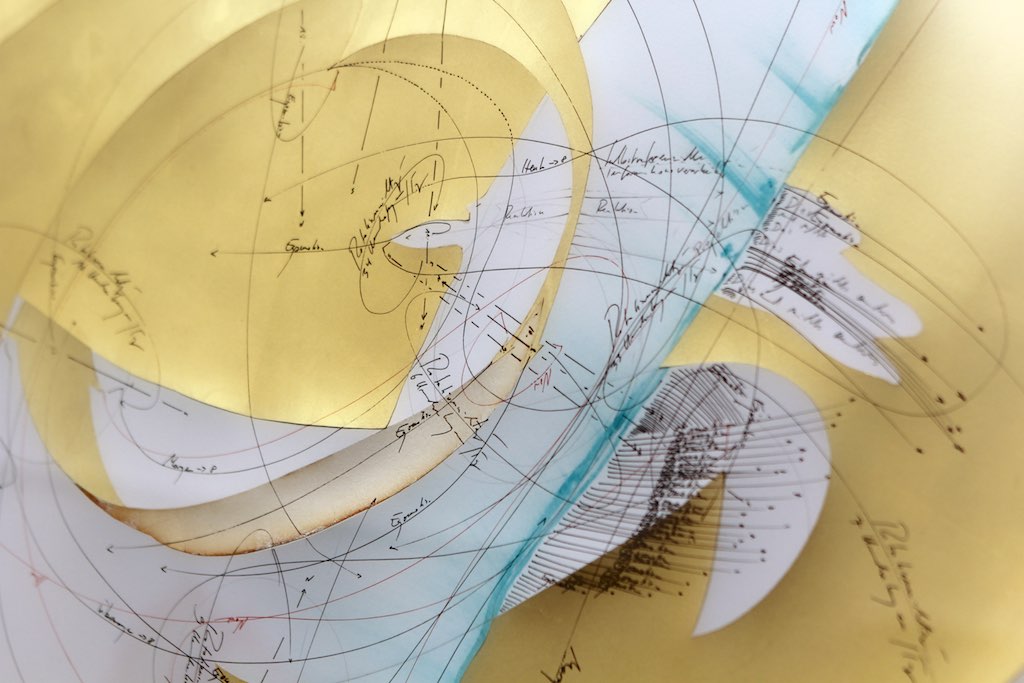
A major test of how we use our time is how well our actions truly reflect our stated values.
My most important values are freedom, support, innovation, interdependence and integrity. As an entrepreneur, I have always valued the freedom that my job affords me. I love the flexibility of being a small business owner. As a parent and friend, I try to support the goals of the people I love. As a writer, I am always experimenting with creative ways to get my message across. In my work and in my life, I am always searching for interdependent relationships in which both parties actively seek ways to help each other succeed. I can’t say that has been as common as I would like, but I can easily point to several relationships which are truly interdependent.
And, finally, I try to uphold the model of integrity my father demonstrated to me his whole life by living in accordance with the four pillars of integrity:
- Say what you do: Honesty
- Do what you say: Credibility and reliability
- Say what you say: Genuineness
- Do what you do: Consciousness
Thanks Dad!!
The question I often ask myself is how many of my actions are consistent with my values and how many are not.
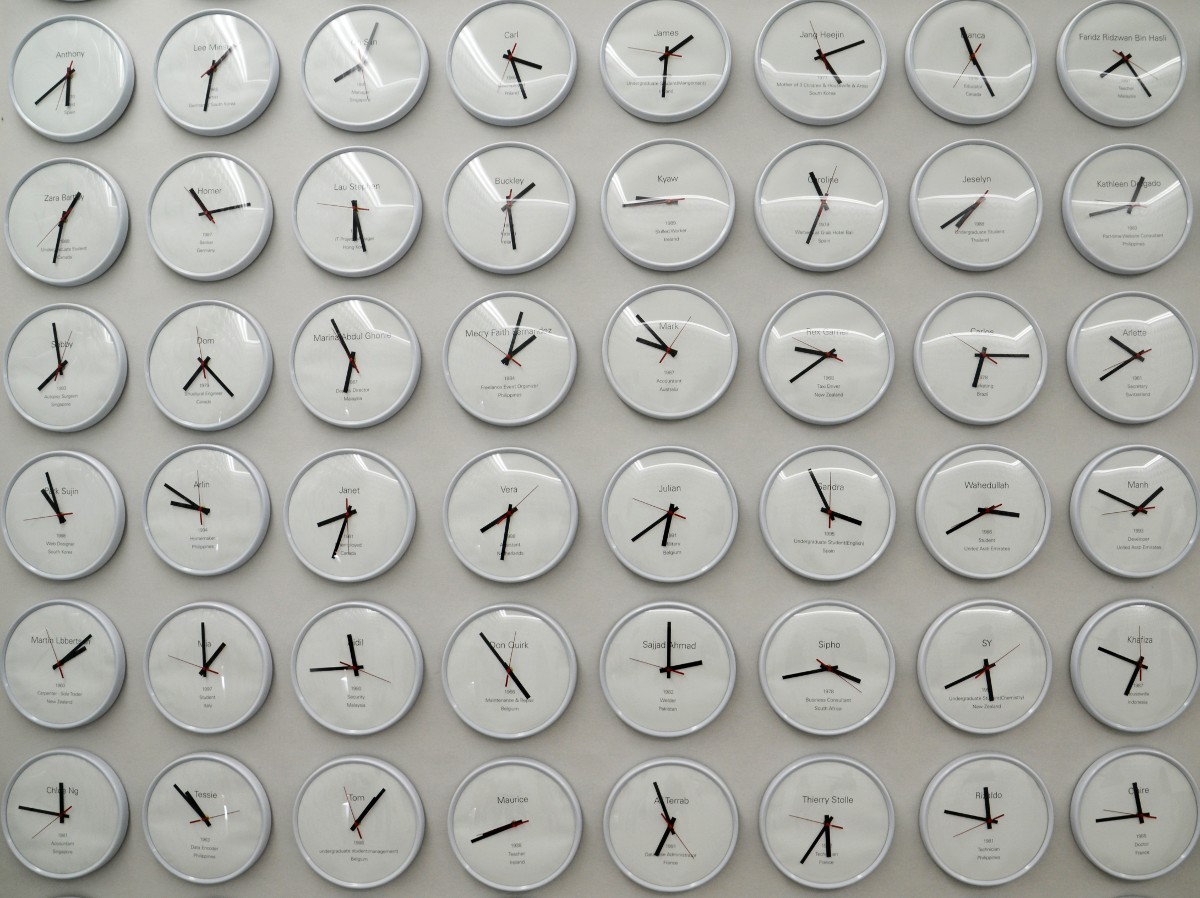

Two questions you might want to consider are: 1) What are your most important values in life? and 2) How congruent are your behaviors with your values?
The third test of how well we use our time is the progress we are making on our personal goals.
For example, I have four overarching goals:
- To remain physically active and fit as long as I can.
- To stimulate and challenge my thinking by reading diverse sources and sharing my perspective.
- To deepen my relationships with the people I love.
- To evolve my consciousness and grow spiritually.
I work on my first goal by hiking, biking, and lifting weights three times a week. I work on the second goal by reading the New York Times every morning, by reading the most critically acclaimed fiction and non-fiction books each year, by reading books recommended by friends and family, and by writing a post on my blog a couple of times per month. I work on the third goal by spending time with my family and friends and by giving long, tender hugs to my grand twins every day I can. I work on the fourth goal by meditating daily and by engaging deeply with profound spiritual thinkers and practitioners.
The question I often ask myself is how many of my behaviors are leading toward my goals and how many are heading in the opposite direction. Two questions for you might be 1) What are your most important goals? and 2) How are your day-to-day behaviors helping you achieve your goals?
Full admission. I waste a lot of my time, and many of my behaviors are not aligned with my purpose, values, and goals.
I can say, however, that I work on these behaviors and try to notice incongruence. I also try to stay open to new information and feedback and continue to seek out new ways of living, learning, and working. The operative words are work, notice, open, and seek.
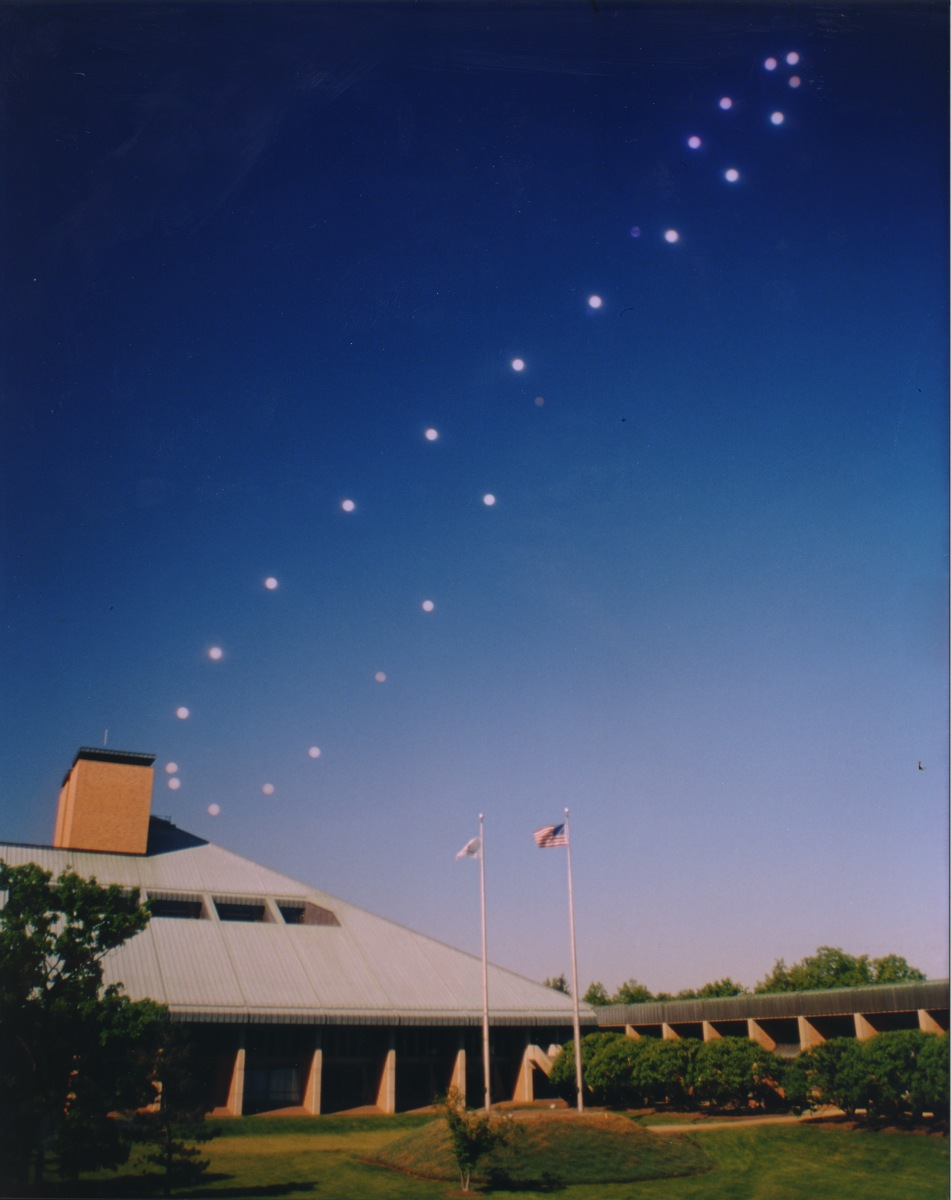
My observations are that many of us are not willing to do the work required to grow; we do not notice when our words and behaviors are obviously incongruent with stated values and beliefs; we are not open to changing; and we do not seek new possibilities for growth.
Making the best use of our time takes effort.
Last week I turned 73. I know that time is running out, and I fear that my capabilities will diminish as I continue to age. And yet, I am determined to be as fresh and vital as I can be for as long as I can.
For the record, my wife hasn’t thrown another pan at me during the last 30 years, so I must have either gained some sensitivity over three decades—or my wife has become desensitized to my insensitivity. I’m hoping, though, that she will feel free to do so when she notices that I’m clearly not making the best use of my time. Hopefully, when I’m sitting in the nursing home watching the weather on TV, she will still have the strength to lift that pan, to hit me over the head with it, and end my misery. That will be the best use of her time and energy, but who’s judging?
Maybe this is the lesson of life: you do the best you can with your time until you can’t.
Also published on Medium.

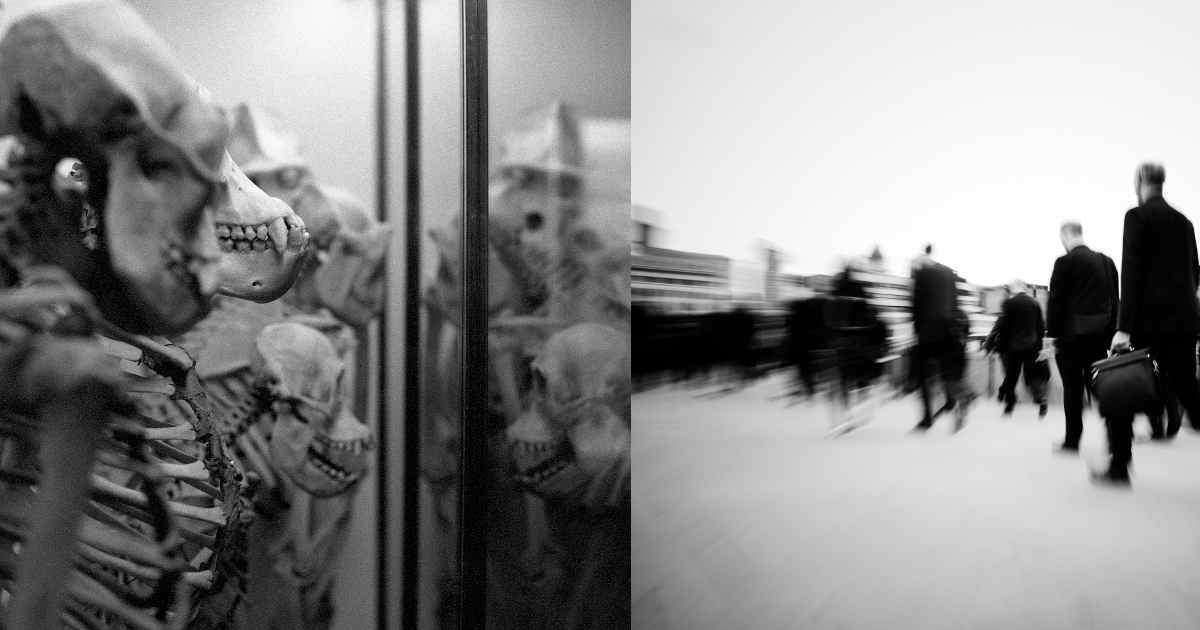
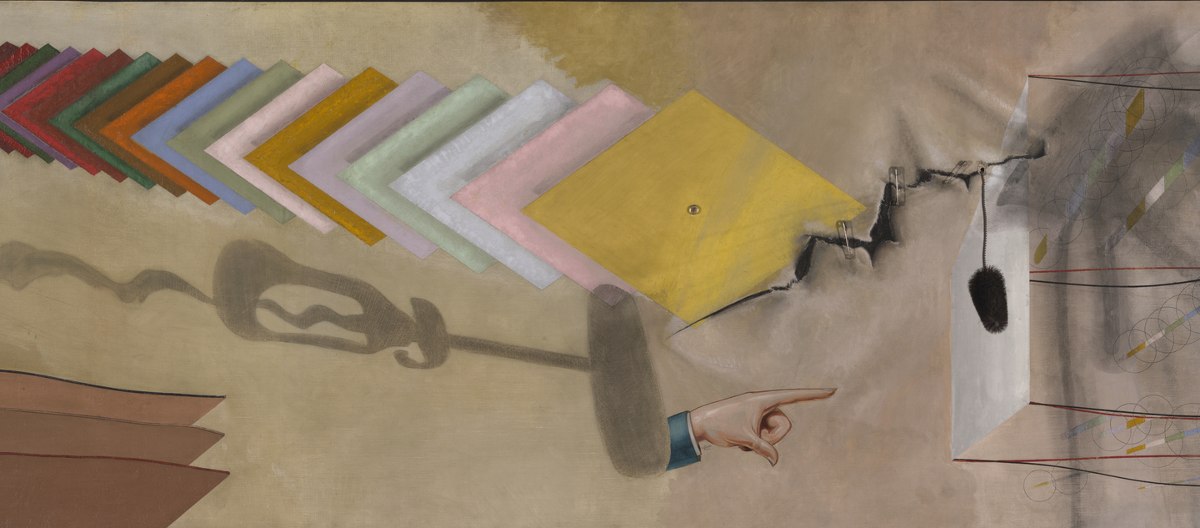

Couldn’t agree more Ricky! You are the man! Thanks for being you-RonnyDonny
Thanks for the questions to ponder Rick! Came at the perfect time!
Hey Kelly!! Nice to hear from you. Thanks for your comment. Hope you are doing well.
Reminders for all of us who aim to live a purpose-driven life. Well-crafted, Rick!
Thanks Bob. Let’s connect soon.